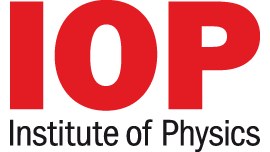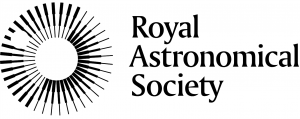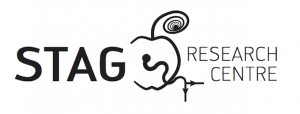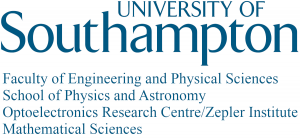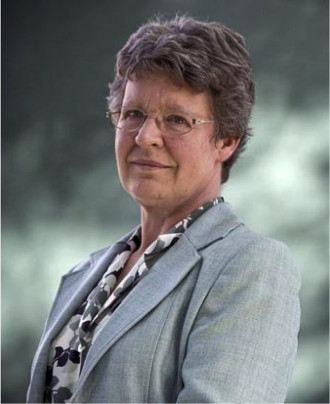
Professor Dame Jocelyn Bell Burnell is credited with one of the most significant scientific discoveries of the twentieth century for which her thesis advisor was awarded the Nobel Prize: that of the first radio pulsars. She went on to become the president of the Royal Astronomical Society in 2002, the first female president of the Institute of Physics in 2008 and in October 2014 she was appointed the first female president of the Royal Society of Edinburgh. For her numerous contributions to the astrophysical community, she was appointed Dame Commander of the Order of the British Empire in 2007 along with several other honours including (but not limited to) the Albert A. Michelson Medal, the J. Robert Oppenheimer Memorial Prize, the Herschel Medal, and in 2018 a Special Breakthrough Prize in Fundamental Physics. In 2013, she was named one of the most powerful women in the UK by BBC Radio 4. She is a strong supporter of women in physics, empowering women and serving as a remarkable role model.
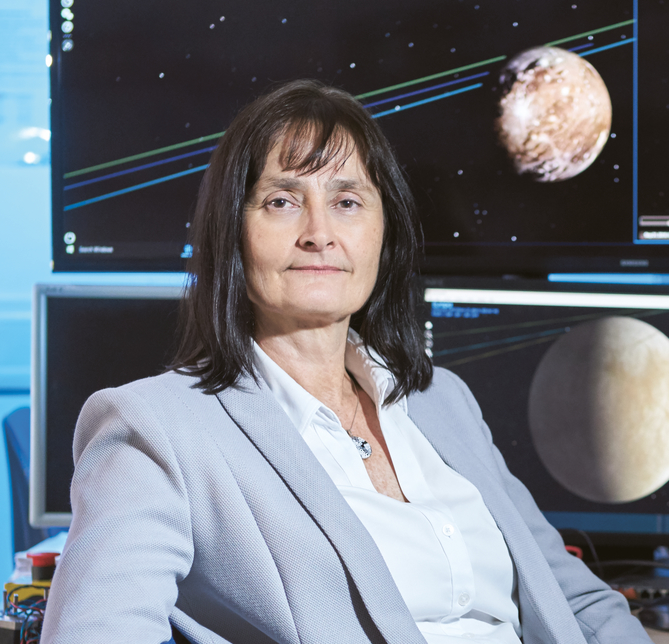
Michele Dougherty is Professor of Space Physics at Imperial College London. She is leading unmanned exploratory missions to Saturn and Jupiter and was the Principal Investigator for the magnetometer instrument onboard the Cassini mission to Saturn as well as being the Principal Investigator the magnetometer for the JUpiter ICy moons Explorer (JUICE) of the European Space Agency due for launch in June 2022. She is Head of the Physics Department, is a Fellow of the Royal Society, was awarded the Royal Astronomical Society Geophysics Gold medal in 2017, was awarded a CBE in the 2018 New Year’s Honours List, and was awarded the Institute of Physics Richard Glazebrook Gold Medal and Prize.
SLIDES
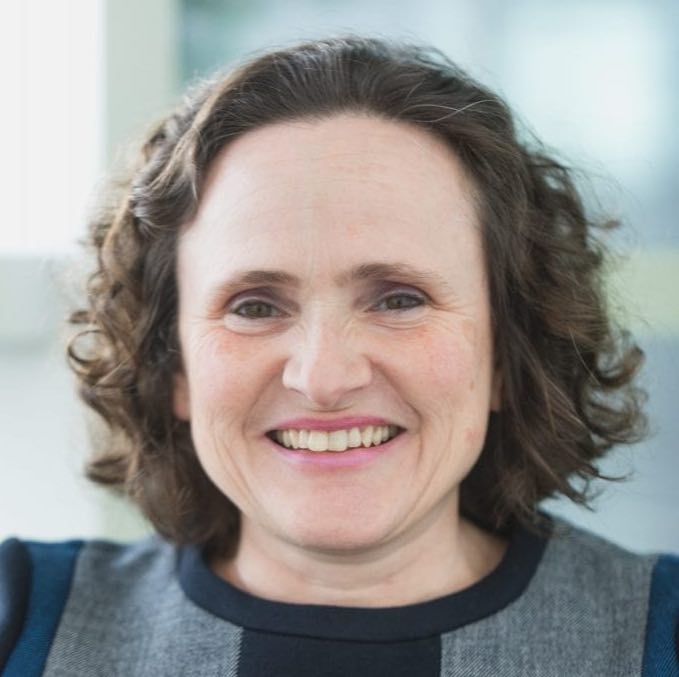
Penny Endersby spent much of her career as a researcher specialising in armour and explosives. She served at the Royal Armament and Research Development Establishment, becoming the “UK expert on electric and intelligent armours”. She was appointed as the department manager at the Defence Science and Technology Laboratory in 2009, and was made division head of Cyber and Information Systems Division at the Defence Science and Technology Laboratory in 2015. She then made a major career change when, in December 2018, she was appointed chief executive at the Met Office. She is the first woman to fill that role. She also sits on the council of the Institute of Physics (since 2017), serves on the board of Ploughshare Innovations (the Ministry of Defence’s technology transfer office), and holds a Royal Academy of Engineering visiting professorship at the University of Southampton. @PennyEnd. SLIDES
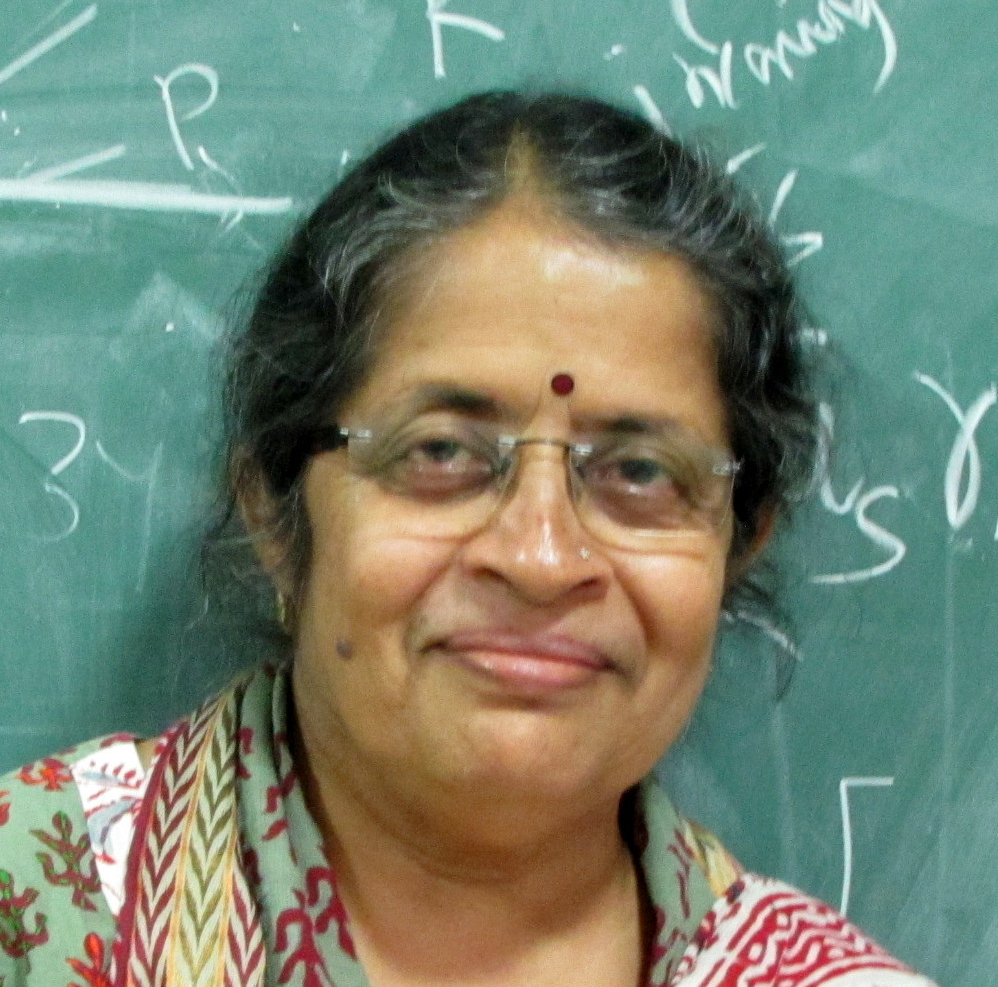
Prof. Rohini M. Godbole, currently at the Indian Institute of Science, Bangalore, is a theoretical particle physicist who has authored over 300 research papers during the last four decades, having worked at various Universities in India, Europe and the USA including CERN, Geneva. Her pioneering work on probing hadronic interactions of photons at colliders, provided important insights for the designs of electron-positron colliders. Elected to the fellowship of all the three science academies of India and of The World Academy of Science (TWAS), she is also a recipient of many science awards, and of Padmashree, the fourth highest civilian honour of the Government of India (first woman physicist to receive this). A founder chairperson of the women in science (WiS) panel of the Indian Academy of science, she has worked on many national/ international committees to facilitate effective participation of women in science. She coedited the widely acclaimed 2008 book ‘Lilavati’s Daughter, Women Scientists of India’ (like the ‘She Speaks’ of the Royal Society). Pioneering surveys conducted under her leadership to determine the cause of the drop out of science after a Ph.D. have provided some interesting insights on the issue of women in science.
SLIDES
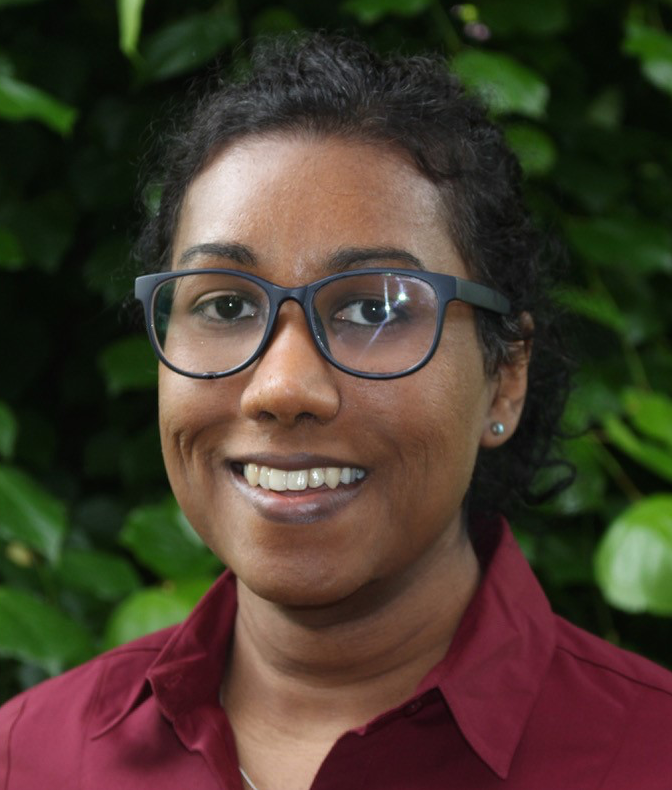
Izzy is a UKRI Future Leader Fellow who develops new optical microscopy methods to visualise the building blocks of life at single-molecule detail. Her work primarily involves the design of bespoke optical microscopes to visually study biophysical structures, signals and molecular interactions that are fundamental to diseases like heart failure. Over the last decade, this research has allowed her to work in five different universities across three different countries with contrasting academic cultures. As a trans woman of colour, Izzy is a strong advocate of equality, diversity and inclusion in universities. She works as a member of the strategic advisory team to the Engineering & Physical Sciences Research Council and a number of other groups to improve equity in the way research funding is allocated and to eliminate the barriers which exist against women and minorities. @i_jayas
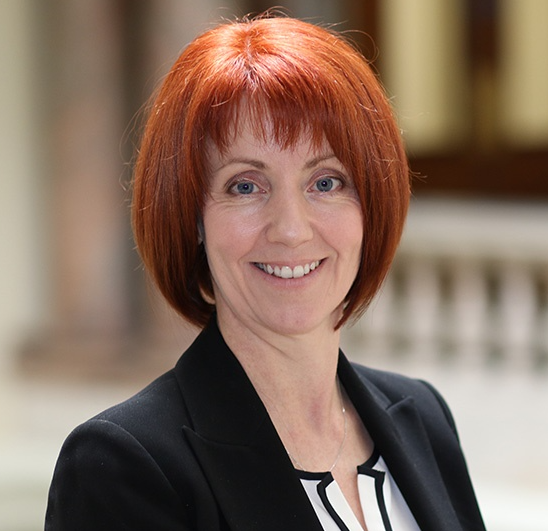
Professor Carole Mundell was appointed Chief Scientific Adviser (CSA) at the Foreign and Commonwealth Office in October 2018. She is Professor of Extragalactic Astronomy, Head of Astrophysics at the University of Bath and a Fellow of the Institute of Physics. Career highlights include the Royal Society Wolfson Research Merit Award (2011 to 2016), for the study of black hole-driven explosions and the dynamic Universe, and the FDM Everywoman in Technology Woman of the Year (2016). A world-leading scientist, she is a frequent guest speaker at international conferences. She sits on a number of strategic advisory panels for UK and international groups, is a committed communicator of science, and is an advocate for diversity in science. @CGMundell

